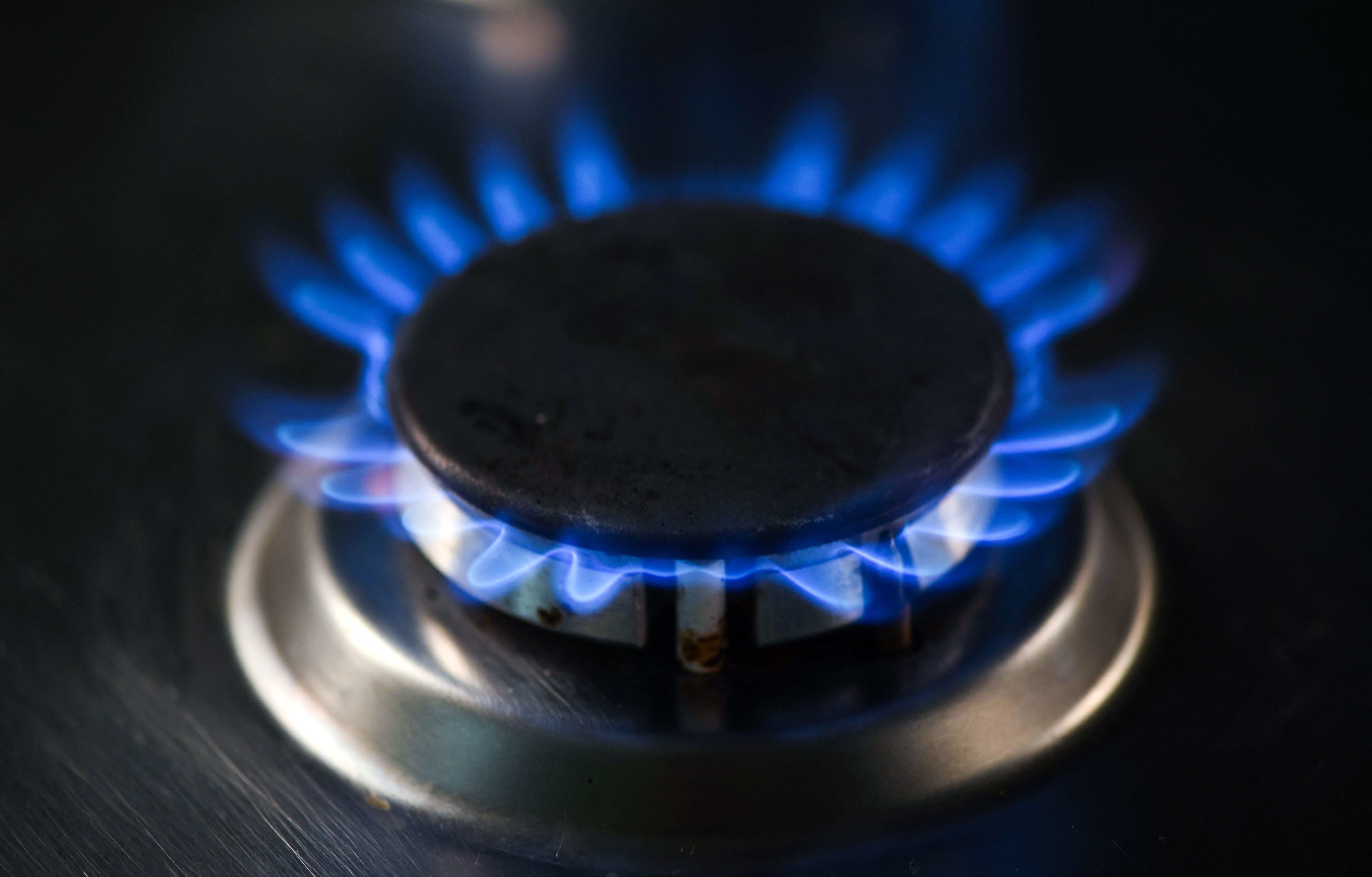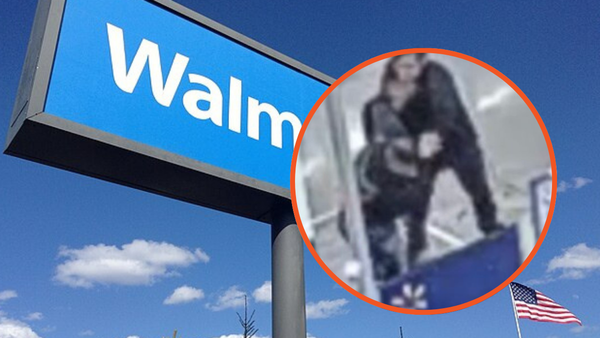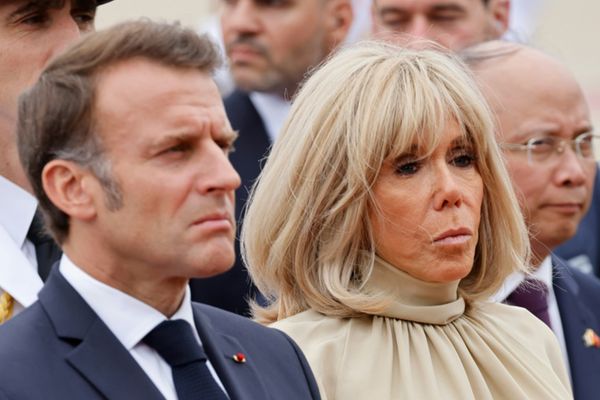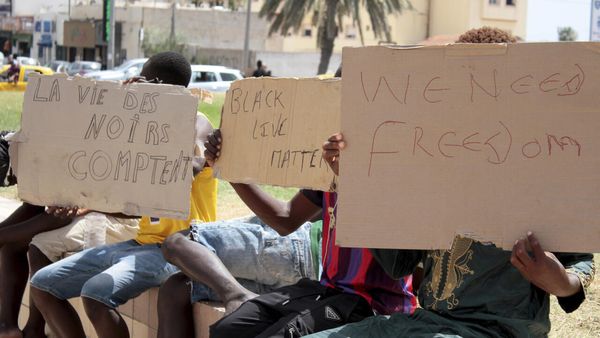
As the cost of living crisis continues to affect the UK, many people are turning their heating off to save money. Now those who turn off their heating at certain times of day could be rewarded and save cash with a new scheme run by the National Grid.
Demand Flexibility Service (DFS) is running an event tonight, Monday 23 January so The Independent are going to explain what it is.
What is the Demand Flexibility Service?
The scheme allows businesses and members of the public to be paid to reduce or move their electricity usage outside of peak hours. The energy regulator Ofgem granted approval for the scheme to run from 1 November 2022 to 31 March 2023, Today, those who have already signed up for the scheme will be paid if they reduce their power usage between 5pm and 6pm.

Who can take part?
Anyone whose energy supplier has offered them the scheme can use the Demand Flexibility Service, although they must have signed up by the deadline for each session.
The National Grid’s ESO website states: "If you have signed up to take part in the DFS scheme your electricity provider will contact you before a demonstration test or live event and ask if you want to participate in the following day’s event."
Which energy providers are taking part?
- British Gas
- CarbonLaces
- EDF
- E.ON Next
- Equiwatt
- ev.energy
- Hugo Energy App (via SMS)
- Labrador (via Perse Technology Ltd)
- Loop.homes (via SMS)
- myenergi (via Orange Power)
- Octopus Energy
- OVO Energy
- Power Rewards App (via Orange Power)
- Shell Energy Retail (Via SMS)
- SMS
- VpowerU
Why are the National Grid running the scheme?
With the price of oil and gas surging and freezing temperatures, the National Grid experiences stress on the grid, especially at peak times when people return from work and start to cook.
Offering customers financial rewards to avoid using electricity at certain times can help to spread out electricity usage and avoid having to use fossil fuel generators to reduce the risk of blackouts.

How can I sign up?
If you have a smart meter and if your energy provider is participating in the scheme, you should be able to sign up via them. You can see more details on the National Grid’s website here.
How much could I save?
Households who participate will take part in a series of demonstration tests. According to the National Grid: “These demonstration tests will have a guaranteed minimum price of £3KWh, meaning that a typical household could save approximately £100 across the maximum 12 demonstration tests.”
How does it work?
If you have signed up to take part then your electricity provider will get in touch with you before a demonstration test or live event to ask if you would like to take part in the following day’s event.
According to the National Grid: “Demonstration tests will run for one hour, however live events could run for a longer period.”
There are also no penalties if you do not participate once you have signed up to the DFS or notified your electricity provider that you will take part in a demonstration test or live event.
If you sign up to DFS you will need to allow your provider to access your smart metre. This is so that “they can read your data every half-hour for the duration of the service 1st November 2022 to 31st March 2023.”
How can you reduce power during the tests?
The National Grid suggests avoiding using “power-hungry appliances” such as washing machines, clothes dryers, dishwashers, electric showers and immersion heaters before or after the tests.
They also suggest using energy efficient light bulbs and using electrical goods overnight instead.







